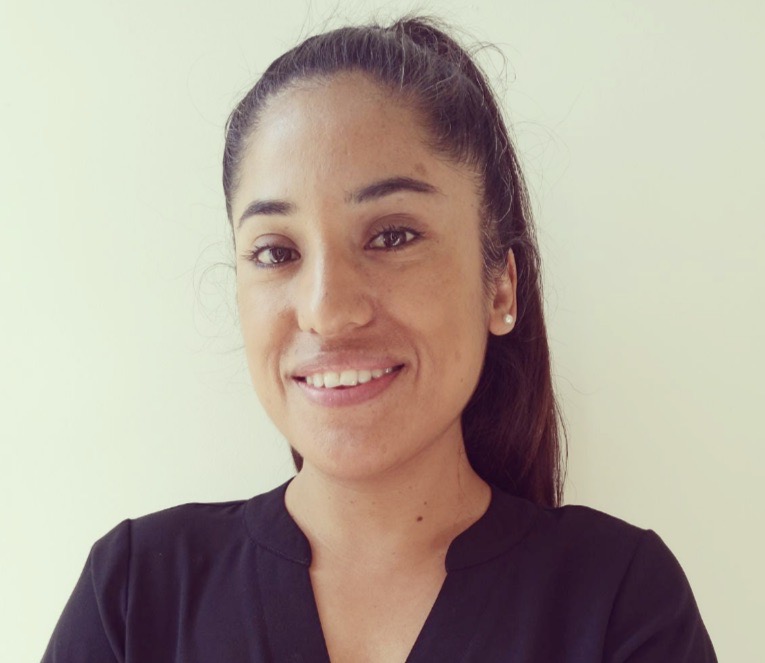
September 21, 2022, by Lexi Earl
Future Food PhD wins prestigious Carlos Fuentes award
Karla G. Hernandez-Aguilar, a PhD candidate with the Palaeobenchmarking Resistant Agricultural Systems project, has been awarded a Carlos Fuentes award by the Mexican Society of the UK for her PhD research. Karla’s PhD project is titled: Understanding microenvironments and the potential of traditional agricultural systems in a changing climate in Mexico and Belize. Her interdisciplinary project has allowed the building and strengthening of special relationships between the UK, Mexico and Belize, across academic, local communities, and government agencies.

Karla, (second right) with other awardees
Karla’s PhD aims to understand how both scientific and traditional knowledge systems are being used and adapted by small-scale farmers in the face of a changing climate. Her work has social and cultural impacts and contributes to debates about climate change adaptation, food security and social justice. Her work has been focused on the milpa agricultural system and the use (past, present and future) of native maize varieties in Yucatec Maya communities in the Yucatan peninsula of Mexico and Belize.

Some of the maize varieties grown in Mexico and Belize. (Photo by Karla Hernandez-Aguilar)
In addition to the reach and impact of her research, Karla has made notable contribution to activities within the University of Nottingham. She has held roles in the Mexican and Hispanic societies, and has been very active in driving activities around equality, gender, diversity and inclusion, including a support network for Latin American and Hispanic women, and co-leading a campaign to advocate for better representation and inclusion of the Latinx and Hispanic community within the University. She is part of the Unlearning Racism in Geoscience group within the School of Geography and recently partook in the Soap Box Science public engagement event which highlights exceptional work by women scientists.
The Carlos Fuentes award recognises the most outstanding Mexican students in the United Kingdom. Established in 2015 by the Mexican Society in the UK, the award recognises not only brilliant academic work of students, but their social and humanitarian contributions to the community, and their efforts in building relationships between Mexico and the UK through their work. Karla was recognised for her work in the Social Sciences and Humanities.
In receiving her award, Karla said:
Receiving this award is an honour. I hope this award can serve to increase the visibility of women in social sciences and to advocate for better opportunities to increase the participation of women in debates around climate change and social justice, especially women from minority groups. Personally, this award goes back to my family in Mexico, who have always supported my work and who taught me to value food systems. My grandfather was a small-scale milpa farmer in central Mexico and some members of my family continue to practice traditional agriculture. I hope this work can help people value and recognise the hard work and knowledge of small-scale farmers around the world, and recognise the importance of food systems in our daily lives.

Karla (right) with the MexSoc UK president
Karla’s research has allowed her to share the importance of the milpa system and native maize internationally, while simultaneously allowing the creation of a project with social impact in local communities and indigenous territories that still depend on this system as their main source of work, employment and food. Karla has already begun to share research findings with the farmers, co-creating and distributing educational materials with them and other stakeholders. These materials aim to increase awareness of the impact of climate change in traditional agricultural systems in communities where this research was carried out.
We congratulate Karla on her award!
No comments yet, fill out a comment to be the first

Leave a Reply